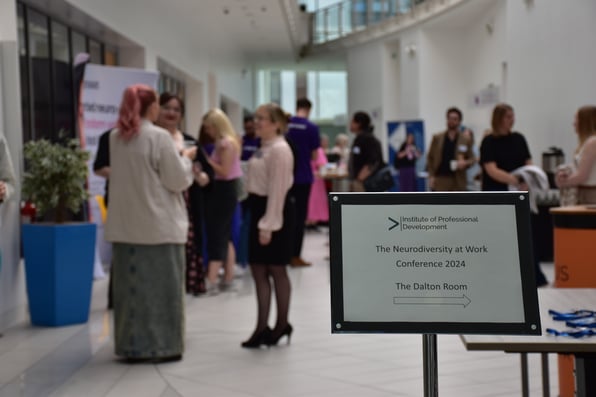The female menopause has frequently been highlighted by the media and by celebrities, and yet the menopause is nothing new for women. This is not a gender or age issue as it can impact on people directly or indirectly in the workplace.
Approximately 33% of organisations (ACAS) feel that they are not equipped to deal with this issue. The key here is that many workplaces are now aware that they need to be more ‘savvy’ about women’s health and well-being and the menopause is one of the areas where there appears to be more requirements for awareness and training.
Women go through the stages of menopause often between 45-55 years old. Perimenopause (when change in menstruation start to happen), menopause (period after 12 months of no menstruation) and also early menopause (often due to surgical reasons) can have differing levels of impact on their work and career. Many women reach for their final leadership promotion or new role in their 50s – exactly when many are struggling with sometimes debilitating symptoms such as: chronic fatigue, profuse physical sweats, short term memory loss, dizziness, severe headaches, reduced concentration, insomnia, irritability, mood swings, depression and stiff joints to name but a few. This life stage is coupled often with caring duties (aged parents, children or grandchildren), which adds to the sometimes overwhelming issues to be managed by some women.
Are you a nurturing and supportive organisation?
There are many ways in which the organisation can help and support women and leaders/managers but the following three points are of paramount importance to ensuring that women are supported and still developed through this difficult period in their health.
- Menopause awareness
It is important that both men and women in the workplace feel comfortable in talking appropriately about their experiences with menopause and potential support required. Even mothers and daughters didn’t used to feel comfortable in talking about this phenomenon and yet it is part of a woman’s health journey – so it’s not an easy area for discussion.
Many women will not feel comfortable in admitting to be struggling with any of the symptoms and yet their experience may be so severe that a talented woman might not apply for promotion or new roles. Thus good talent may be overlooked, and it can also lead to lack of self-esteem and other longer term health issues such as depression if not handled carefully.
Workshops, special events and just generally talking about this area as a normal part of life can all make an impact. Understanding when it is important to offer emotional and physical support where needed and appropriate via suitable language and activities is therefore important for any organisation.
- Training for all staff - not just women on this issue
It is crucial that organisations are understand the power of training for line managers and the workforce.
Awareness training - which raises awareness about what to look out for with the symptoms women may experience and the resulting direct and indirect impact on a physical and psychosocial level.
Language Training - which considers how to talk about supporting staff both those going through the menopause and those who work with women in this situation who may need to be more understanding and tolerant is important.
Support training - for women such as affording more flexibility in working practices, offering enlightened support such as ‘menopause ambassadors’, well-being programmes on providing workplace adjustments such as temperature controls, reducing travel, etc.
- Toolkits
Many organisations have also developed their own tool kits for line managers and women to deal with this important area.
Conclusion: So do women pause their careers?
Yes, NHS research indicates that about 20% of women may not feel supported during this uncomfortable stage of their life and take more time on sick leave during these years. Many women (10% approximately) also tend not to apply for new roles during this time through fear of not being able to cope.
So, the menopause for some women does appear to create a pause in their development and career, which seems antiquated in this day and age and can cost organisations financially, as well as not capitalising on their internal talent if not managed well.
Therefore, organisations need to develop their approach to supporting gender health issues and work towards an environment which is supportive and developmental in these areas.
Further reading:
Government website NHS employers https://www.nhsemployers.org/articles/menopause-and-workplace
ACAS menopause at work guidance Talking with staff about the menopause: Menopause at work - Acas
CIPD Let’s talk menopause Let's talk menopause | CIPD Guidance



